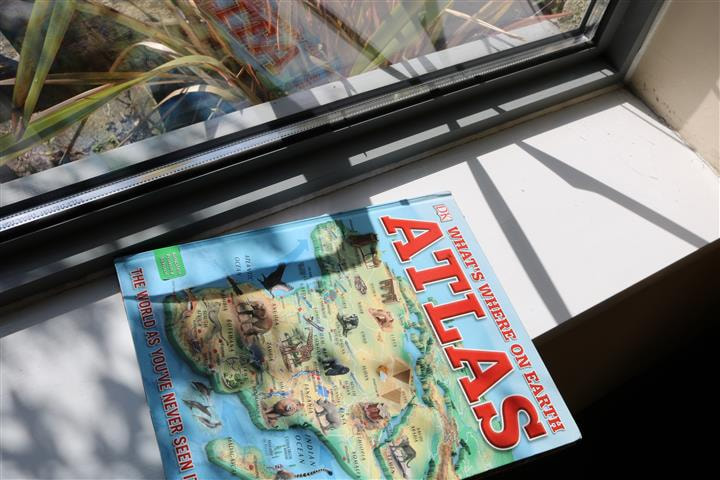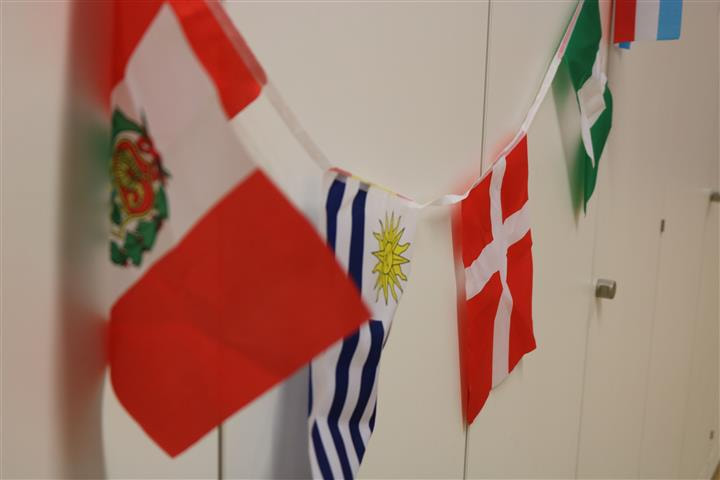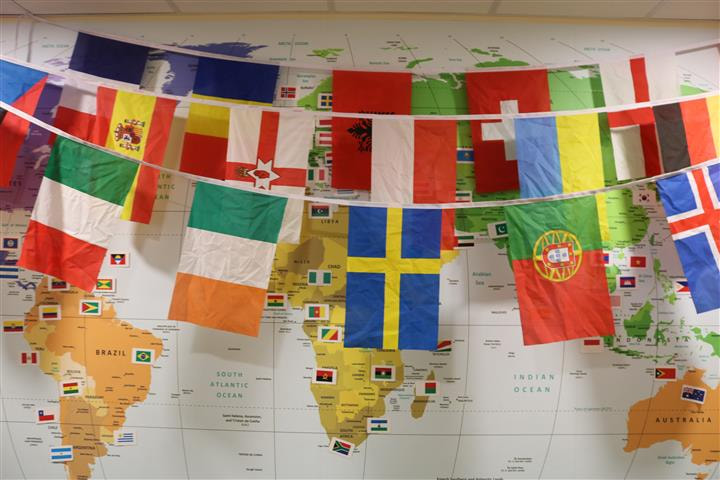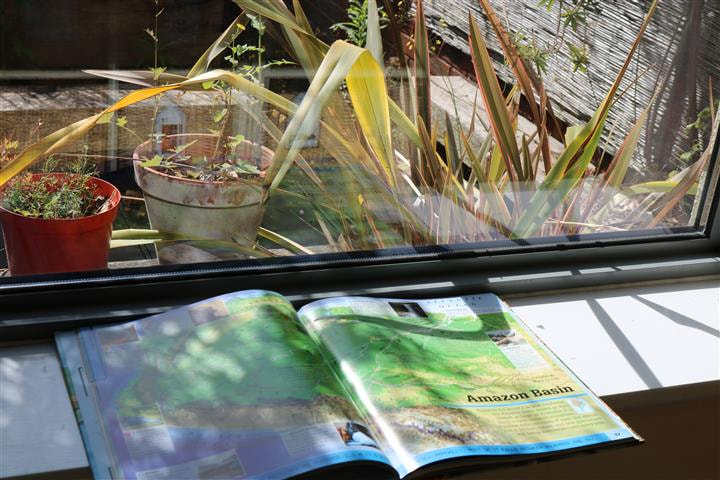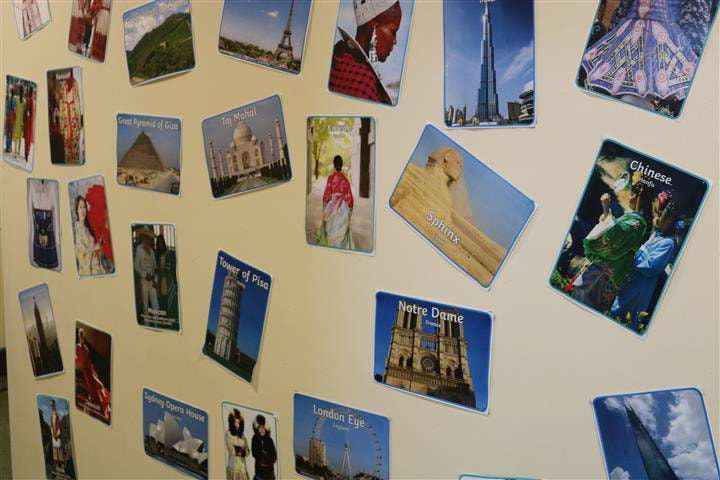Intent
Geography is an exciting foundation subject that is taught across the school. Through our Learning Journey approach we aim to breathe life into Geography and inspire children to want to understand the world.
The curriculum is coherently planned and sequenced towards cumulatively sufficient knowledge and skills for future learning and employment.
The curriculum is coherently planned and sequenced towards cumulatively sufficient knowledge and skills for future learning and employment.
Implementation
In EYFS the children are given opportunities to make sense of their physical world and their community by exploring, observing, and finding out about people, places, technology and the environment. They explore new concepts hands on which lays the foundation for future learning, for example children begin to learn the basics of erosion when exploring water and sand.
Year groups follow a geography based learning journey.
In Key Stage 1 children begin to develop a geographical vocabulary by learning about where they live, as well as one other small area of the United Kingdom and a small area in a contrasting non-European country. They also learn about weather patterns in the United Kingdom and hot and cold areas of the world. They use ICT, world maps, atlases and globes, simple compass directions, aerial photographs and plans, as well as simple fieldwork and observational skills
In Key Stage 2 the children focus on developing 3 key areas of knowledge; locational knowledge, place knowledge and human and physical geography.
In Key Stage 1 children begin to develop a geographical vocabulary by learning about where they live, as well as one other small area of the United Kingdom and a small area in a contrasting non-European country. They also learn about weather patterns in the United Kingdom and hot and cold areas of the world. They use ICT, world maps, atlases and globes, simple compass directions, aerial photographs and plans, as well as simple fieldwork and observational skills
In Key Stage 2 the children focus on developing 3 key areas of knowledge; locational knowledge, place knowledge and human and physical geography.
Locational knowledge examines latitude, longitude and time zones. Children will use maps to focus on Europe, North and South America, concentrating on regions, key physical / human characteristics, countries, and major cities. They will also work on locating the counties and cities of the United Kingdom, and start to explore their human and physical characteristics. Children will examine geographical similarities and differences by comparing the geography of a region of the United Kingdom with a region in a European country, and with a region in either North or South America. This is part of the place knowledge aspect of the curriculum. For human and physical geography children will be taught to describe and understand key aspects of geography, for example: climate zones, rivers, mountains, volcanoes, earthquakes, the water cycle, types of settlement, economic activity and the distribution of natural resources.
Stimulating trips and workshops support the learning of geographical skills and areas of enquiry, and allow the children to have hands on experiences whilst applying their knowledge of the world around them. Year 6, for example, visit Swanage in Dorset where they engage in activities that allow them to explore new natural environments and develop their understanding of map use.
Stimulating trips and workshops support the learning of geographical skills and areas of enquiry, and allow the children to have hands on experiences whilst applying their knowledge of the world around them. Year 6, for example, visit Swanage in Dorset where they engage in activities that allow them to explore new natural environments and develop their understanding of map use.
Impact
Our Geography curriculum ensures that at the end of each Key Stage children have a bank of transferable skills such as research, observation, measurement, recording and presentation and meet the National Curriculum standards in their work. Their work also shows that they learn and remember more over time, and make connections with prior learning.
|
|
|
Photographic images - Emmie Leyland
|
Proudly powered by Weebly
|

